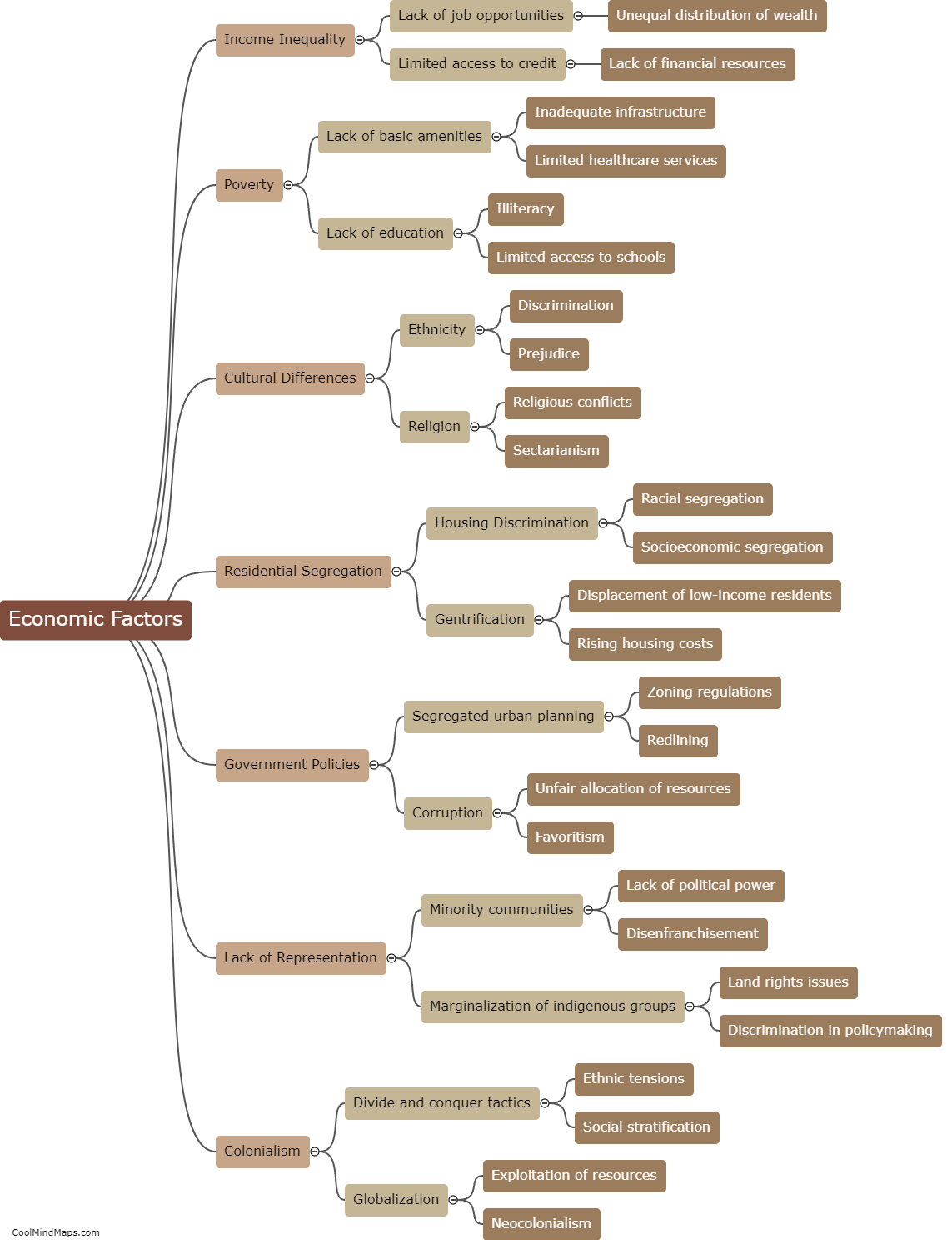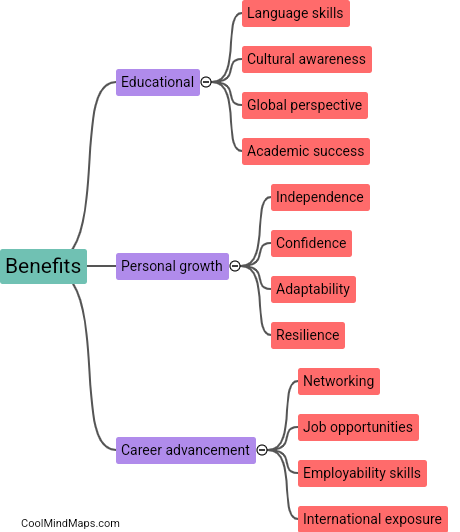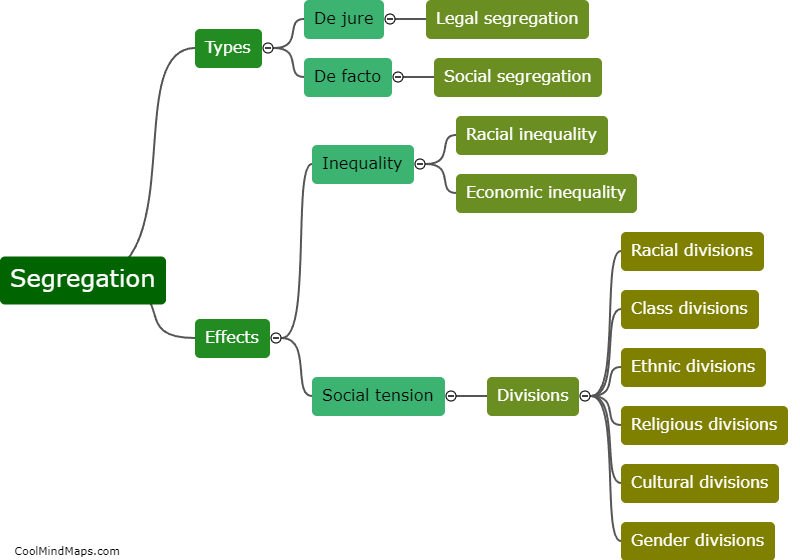What are the main factors contributing to segregation in developing countries?
Segregation in developing countries can be attributed to several main factors. One significant factor is socio-economic inequality, which often results in different groups of people living in separate neighborhoods due to varying levels of wealth and access to resources. Discrimination and prejudice based on race, ethnicity, religion, or caste also play a significant role in perpetuating segregation. Historical factors, such as colonialism or the legacy of apartheid, have left lasting divisions in society, further contributing to segregation. Inadequate urban planning and housing policies that fail to address the needs of marginalized communities are additional factors. Lack of social mobility and educational opportunities for certain groups also contribute to the perpetuation of segregation. Overall, a combination of economic disparities, discrimination, historical legacies, and inadequate policies contribute to segregation in developing countries.

This mind map was published on 26 September 2023 and has been viewed 106 times.











